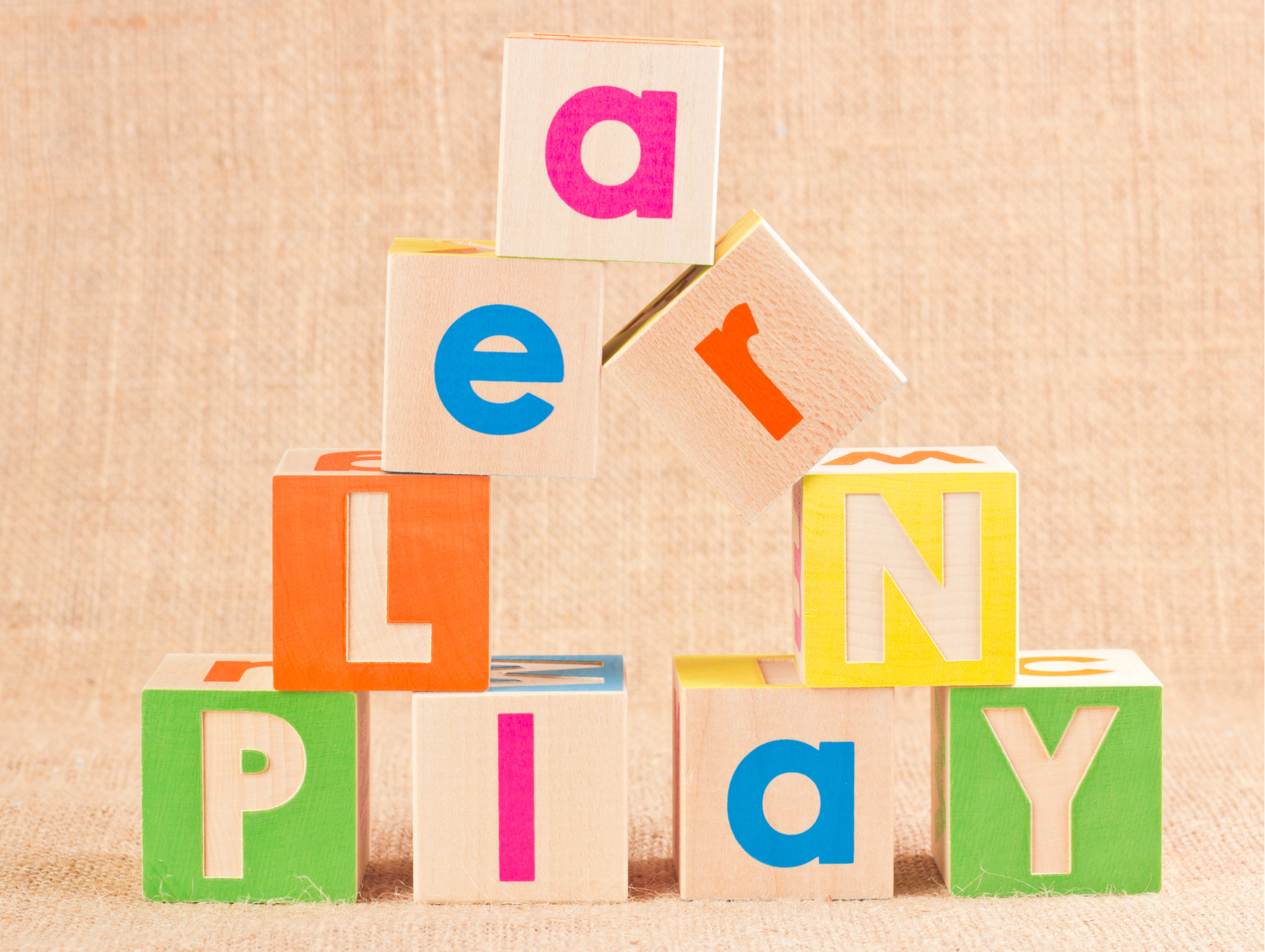Welcome! Check out our latest news.
Read more
What is Play-Based Learning?
Play-based learning is an educational approach that uses active, hands-on experiences to help children develop important cognitive, social, and emotional skills. Instead of rigid lessons or memorization, play-based learning encourages children to:
🎭 Use their imagination – Pretend play, role-playing, and storytelling spark creativity and problem-solving.
🧩 Explore & experiment – Building blocks, puzzles, and hands-on activities teach critical thinking and cause-and-effect reasoning.
👫 Interact with others – Group play helps develop teamwork, communication, and emotional intelligence.
👀 Discover at their own pace – Every child learns differently, and play allows them to explore new concepts in a way that feels natural and engaging.
The Benefits of Play-Based Learning
Play isn’t just fun—it builds essential life skills that children will carry into school and beyond.
🧠 Boosts Cognitive Development
Play helps children develop problem-solving skills, memory, and decision-making abilities. Whether it’s figuring out how to stack blocks without them falling or solving a puzzle, play strengthens critical thinking skills.
❤️ Supports Emotional & Social Growth
Through group play, children learn cooperation, sharing, empathy, and emotional regulation. Playing pretend helps them understand different perspectives, while turn-taking games teach patience and fairness.
✋ Encourages Independence & Confidence
When children explore freely, they build self-confidence by making choices, experimenting, and overcoming small challenges on their own.
🏃 Enhances Physical Development
Active play—like running, climbing, and jumping—develops gross motor skills, while activities like colouring, building with blocks, and playing with small objects improve fine motor skills.
🎨 Sparks Creativity & Imagination
Play encourages creative thinking by allowing children to invent stories, create art, and come up with unique solutions to challenges. This kind of innovation is essential for future problem-solving and adaptability.
How We Incorporate Play-Based Learning at Miss Janice’s Out of School Care
At Miss Janice’s Out of School Care, we integrate play into everyday learning through:
🎭 Dramatic Play & Storytelling – Dress-up, role-playing, and puppet shows help children express themselves and develop communication skills.
🧩 Hands-On Problem Solving – Puzzles, building activities, challenges encourage logical thinking and creativity.
🏃 Active Play & Outdoor Exploration – Running, jumping, baby gym, introduction to water, and playing outside promote physical health and teamwork.
🎨 Creative Expression – Arts, crafts, and music allow children to explore different ways of expressing their thoughts and emotions.
🤝 Social Play & Group Activities – Games, teamwork challenges, and cooperative projects help children build relationships and practice social skills.
Encouraging Play-Based Learning at Home
Parents can also support play-based learning by incorporating fun, engaging activities into everyday life. Here are a few ideas:
✅ Provide Open-Ended Toys – Blocks, art supplies, dress-up clothes, and building sets encourage creative thinking.
✅ Encourage Outdoor Play – Trips to the beach, nature walks, and garden exploration boost physical and sensory development.
✅ Join in the Fun! – Playing alongside your child fosters connection and allows you to guide learning naturally.
✅ Allow for Unstructured Playtime – Giving children time to explore and play freely helps them develop independence and creativity.
Final Thoughts
At Miss Janice’s Out of School Care, we believe that play isn’t just a break from learning—it’s the best way to learn! By embracing play-based learning, we help children develop curiosity, creativity, and the critical skills they need for lifelong success.
When children play, they explore, grow, and thrive—and that’s the best kind of learning there is!